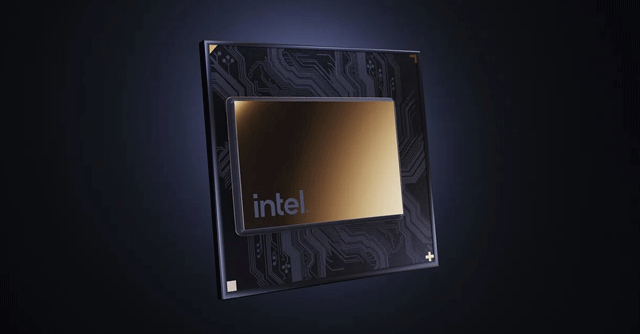
Intel unveils crypto chips, Dorsey's Block among first clients


Intel has announced a new blockchain focused chip, which looks to address concerns around drastic energy consumption in cryptocurrency mining. The new chips will be detailed at the International Solid-state Circuits Conference (ISCC) later this month, on February 20, and will be made available by the end of 2022.
Among its first clients is Block, the blockchain-based fintech company owned by Twitter co-founder, Jack Dorsey, which has reportedly placed an order for these chips already.
“We expect that our circuit innovations will deliver a blockchain accelerator that has over 1000x better performance per watt than mainstream GPUs for SHA-256 based mining,” said Raja Koduri, senior vice president and general manager of Intel’s Accelerated Computing Systems and Graphics Group, on the announcement.

In simpler terms, this means that Intel wants to pitch its chips as an efficient crypto mining solution. The energy consumption of traditional crypto mining rigs have often come into question, with many legislators around the world highlighting the high consumption of conventional energy resources by such rigs.
Such mining activities are not only deemed as polluting towards the environment, but could also cause energy shortage in nations.
Intel is not the first company to come out with chips squarely targeting the crypto mining space. Both Nvidia and AMD, which are well noted for their consumer and enterprise GPUs and CPUs, already offer graphics cards that are designed specifically for crypto mining purposes. Both companies have launched mining-specific products in the market after a surge in demand for cryptocurrency mining, led by price surges in popular tokens such as Bitcoin and Ether, saw a shortage of GPUs that general consumers can purchase.

Mining of cryptocurrencies involve the use of vast, decentralised computing power around the world, thereby ‘mining’ or bringing a crypto token into circulation.
The energy consumption of crypto mining has also seen nations such as China ban domestic mining activities. Such moves reportedly prompted many involved in this sector to move to other nations such as USA and Kazakhstan.
Energy consumption woes in crypto has also had an impact on its industrial acceptance. Tesla, for one, moved back on accepting Bitcoin as valid tender for its cars, citing the impact on climate of mining the token.

